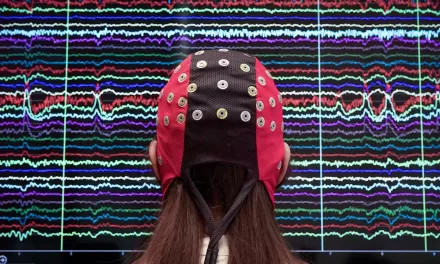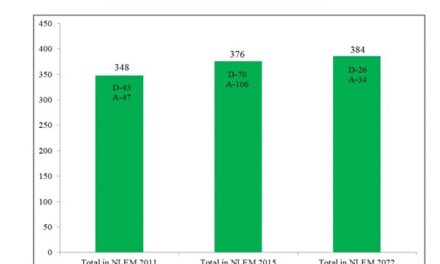Wearable devices, such as smartwatches, have become a popular tool for tracking health data and symptoms, with the promise of helping individuals monitor their health and promptly address any concerns. However, a new study reveals that for patients with atrial fibrillation (AFib), these devices may do more harm than good.
Published in the Journal of the American Heart Association, the study led by Lindsay Rosman, PhD, assistant professor of medicine in the division of cardiology at the University of North Carolina School of Medicine, is the first to show that wearable devices can significantly amplify anxiety and increase healthcare use in patients with AFib. The research included 172 patients from UNC Health with a prior diagnosis of AFib who completed a survey and had their information linked to electronic health records.
The study compared patients with wearable devices to those without. Rosman and her team found that AFib patients using wearables were more likely to be preoccupied with their heart symptoms, express concerns about their treatment, and utilize healthcare resources more frequently than their non-wearable counterparts. These patients were also more likely to call their healthcare providers and send messages, increasing the demand on healthcare services.
A particularly concerning finding was that one in five AFib patients using wearables experienced intense fear and anxiety in response to irregular rhythm notifications from their devices. Similarly, 20% of these patients routinely contacted their doctors when their ECG results were abnormal or indicated possible AFib. However, it remains unclear if these alerts warranted medical attention, raising questions about the clinical necessity of these interactions.
The study also highlighted the potential psychological impact of wearables, as anxiety is a well-documented contributing factor to various health conditions, including AFib. The increased anxiety from wearable alerts might even exacerbate AFib symptoms.
“Given the significant increase in use of wearable devices in this patient group (and the population in general),” said Rosman, “we believe prospective studies and randomized trials are needed to understand the net effects of wearables — including their alerts — on patients’ healthcare use and psychological well-being, as well as the downstream effects on providers, hospitals, and health systems.”
The findings suggest a need for balanced consideration of the benefits and drawbacks of wearable devices for AFib patients. While these devices can provide valuable health data, they may also contribute to unnecessary anxiety and healthcare utilization. As wearables become more prevalent, further research is essential to optimize their use and ensure they contribute positively to patient health outcomes.











